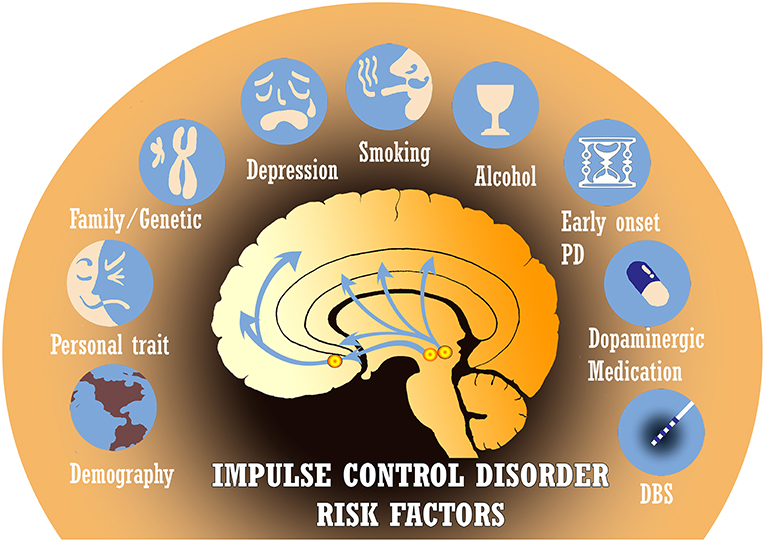
Air Traffic Controller and Mental
Health
Mental health can significantly
impact the job performance of air traffic controllers. Stress and fatigue, for
example, can lead to decreased attention and reaction time, which can be
dangerous in the fast-paced and high-stakes environment of air traffic control.
An example of this might
be an air traffic controller who is experiencing stress or depression as a
result of a personal issue. As a result, they need to improve their
communication with pilots or their aircraft instructions. This could result in
a dangerous situation, such as a near-miss or collision.
Another example would be
an air traffic controller suffering from sleep disorders such as insomnia,
which can cause fatigue and decreased cognitive function and lead to mistakes
and poor decisions that can put aircraft and passengers at risk.
Air traffic controllers
must take care of their mental health and seek help if they are experiencing
any mental health issues that may affect their job performance. Employers also ensure
that controllers have access to resources and support to help them manage
mental health concerns.
Air traffic controllers
may need various types of support to help them avoid accidents due to mental
stress. Some examples include:
Mental health resources: Air traffic controllers should have
access to mental health resources such as counselling, therapy, and support
groups. This can help them to identify and manage stress and other mental
health issues that may affect their job performance.
Stress management
training: Air
traffic controllers may benefit from stress management training, which can teach
them techniques for coping with stress, such as relaxation techniques,
mindfulness, and time management.
Work schedule
adjustments: Air
traffic controllers work long and irregular hours, which can contribute to
stress and fatigue. Employers can help by adjusting work schedules to reduce
the risk of fatigue and burnout.
Communication and
teamwork: Clear and
effective communication is essential for air traffic controllers to do their
job safely. Employers can foster a culture of teamwork, open communication and
collaboration among controllers, which can help reduce stress and improve job
performance.
Supportive supervision: Supervisors should be aware of their
controllers’ mental and emotional well-being and be approachable, supportive and
willing to listen to their concerns. Supervisors should also be trained to
identify signs of stress and fatigue in their controllers and take appropriate
action.
Regular check-ins: Regular check-ins with controllers
can help employers identify and address issues related to stress, fatigue, and
mental health early on before they become more serious.
Comments (0)
Categories
Recent posts


Human Psychology & Empathy
2022/05/24
Impulse Control Disorders
2022/05/31
Aviation Industry and Mental Health
2022/04/18
